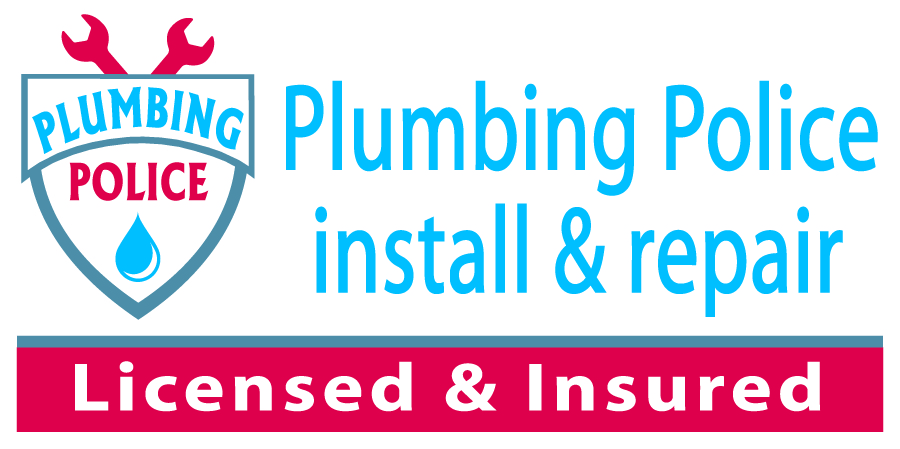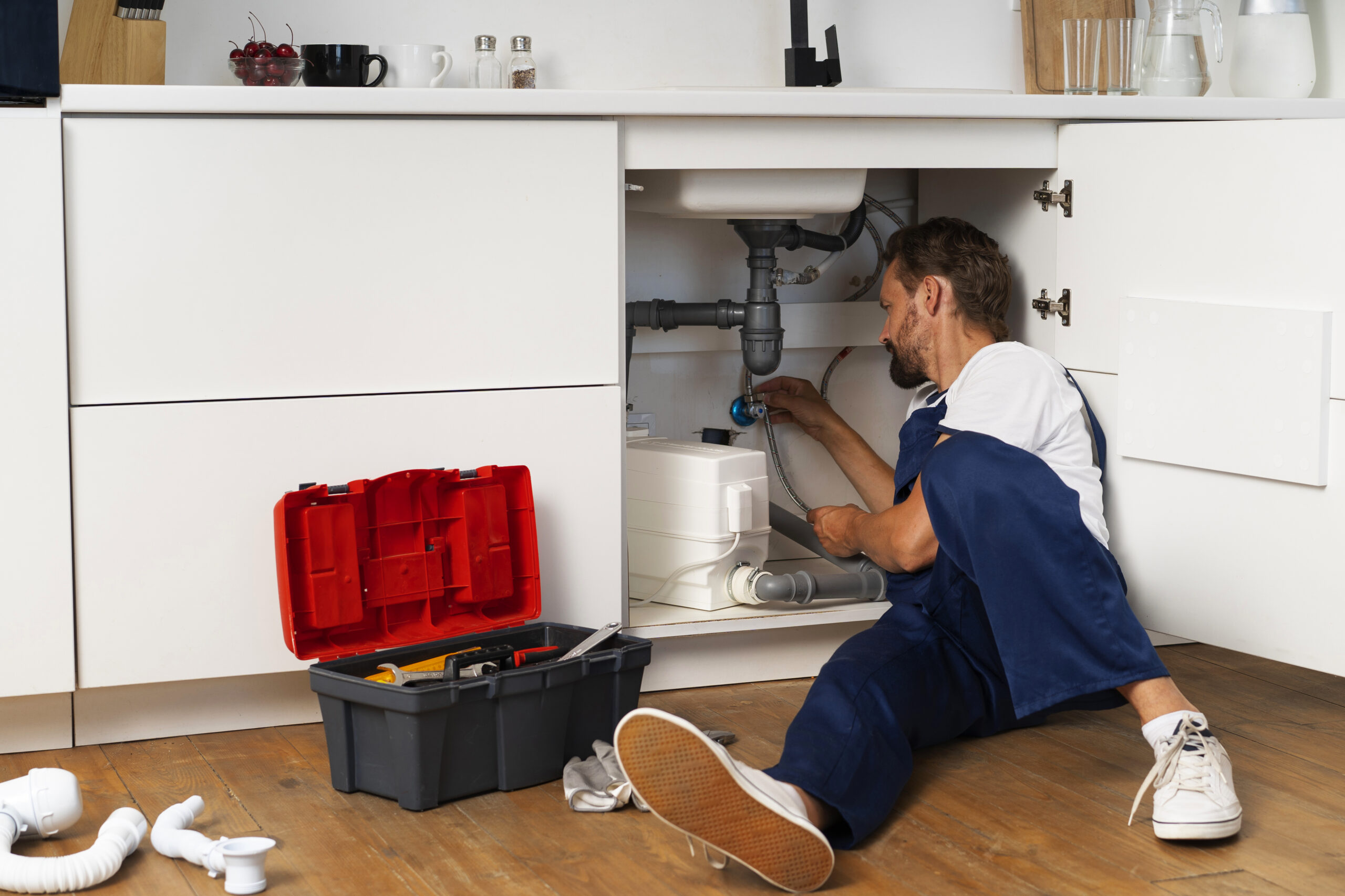Plumbing is an essential aspect of any home, responsible for delivering clean water and removing waste efficiently.
However, plumbing systems can sometimes be complex, leading to questions and concerns for homeowners. Here, we address the 20 most common questions about house plumbing to help you better understand and maintain your plumbing system.
Q: What are the main components of a house plumbing system?
A: The main components include pipes, fixtures (sinks, toilets, showers), water heater, drains, vents, and sewer lines.
Q: How do I know if my plumbing system has a leak?
A: Signs of a leak include increased water bills, dampness or water stains on walls or ceilings, mold growth, and the sound of running water when no fixtures are in use.
Q: What should I do if my toilet is constantly running?
A: Check the toilet flapper for leaks, adjust the water level in the tank, and ensure the fill valve is working correctly. If necessary, replace worn-out parts.
Q: How often should I flush my water heater?
A: Flushing your water heater once a year helps remove sediment buildup, ensuring efficient operation and prolonging the lifespan of the appliance.
Q: What causes low water pressure in my house?
A: Low water pressure can be due to various factors, including clogged pipes, a malfunctioning pressure regulator, or a municipal water supply issue.
Q: How can I unclog a drain without using harsh chemicals?
A: Try using a plunger, plumbing snake, or a mixture of baking soda and vinegar followed by hot water to break down clogs naturally.
Q: Why does my faucet drip even after I’ve turned it off tightly?
A: A dripping faucet may indicate a worn-out washer or O-ring that needs replacement. It’s a common issue and relatively easy to fix with basic plumbing tools.
Q: What’s the difference between hard water and soft water?
A: Hard water contains high levels of minerals like calcium and magnesium, while soft water has been treated to remove these minerals. Hard water can lead to limescale buildup in pipes and appliances.
Q: How can I locate the main water shut-off valve in my house?
A: The main shut-off valve is usually located near the water meter, often in the basement, crawl space, or near the water heater. It’s essential to know its location in case of emergencies.
Q: Is it safe to use chemical drain cleaners?
A: Chemical drain cleaners can damage pipes and harm the environment. It’s best to use natural or mechanical methods to unclog drains whenever possible.
Q: What causes a foul odor from my drains?
A: Foul odors can indicate a buildup of organic matter in the drain pipes or a dried- out P-trap. Flushing drains with hot water and baking soda or using enzyme-based cleaners can help eliminate odors.


